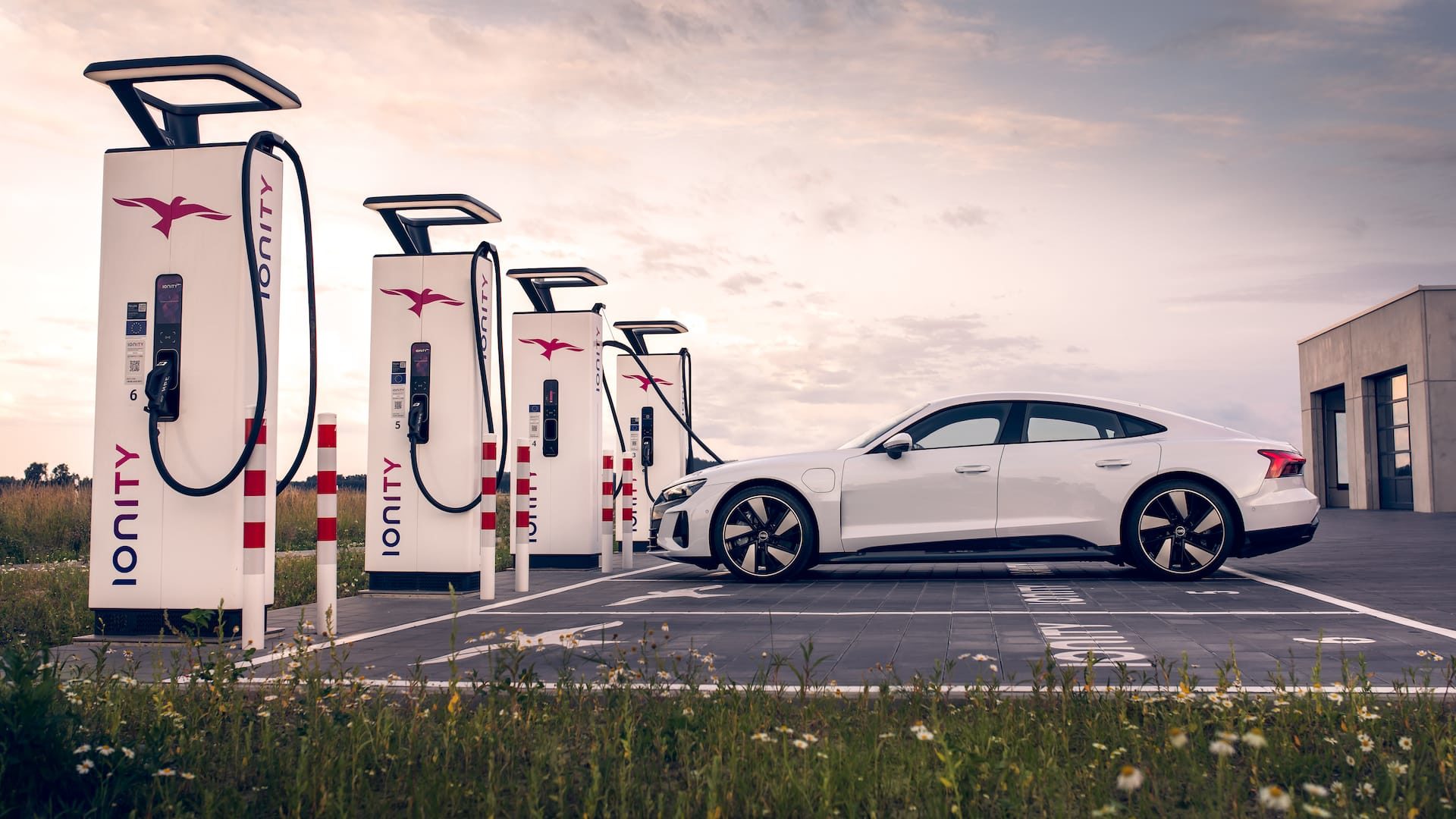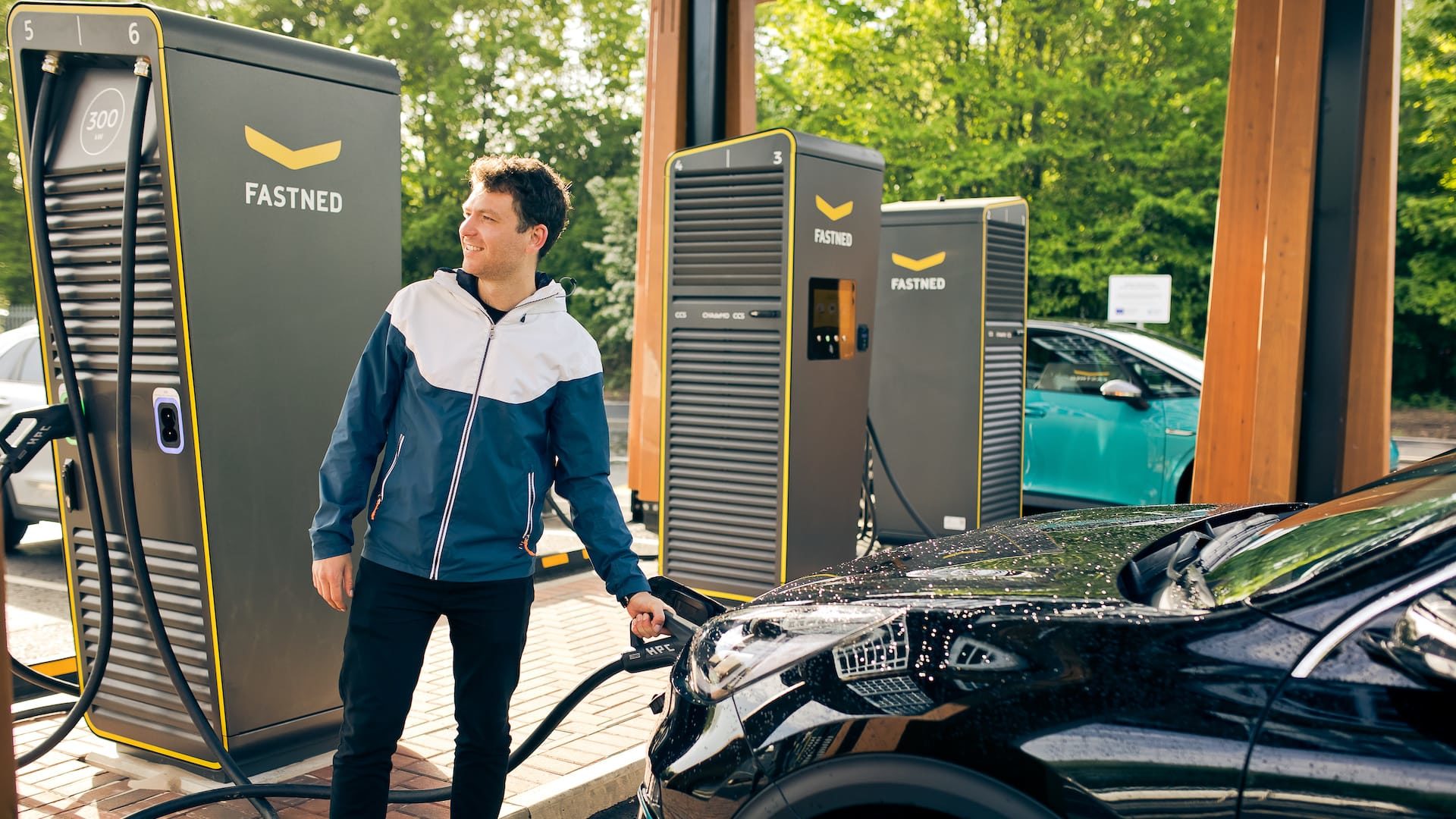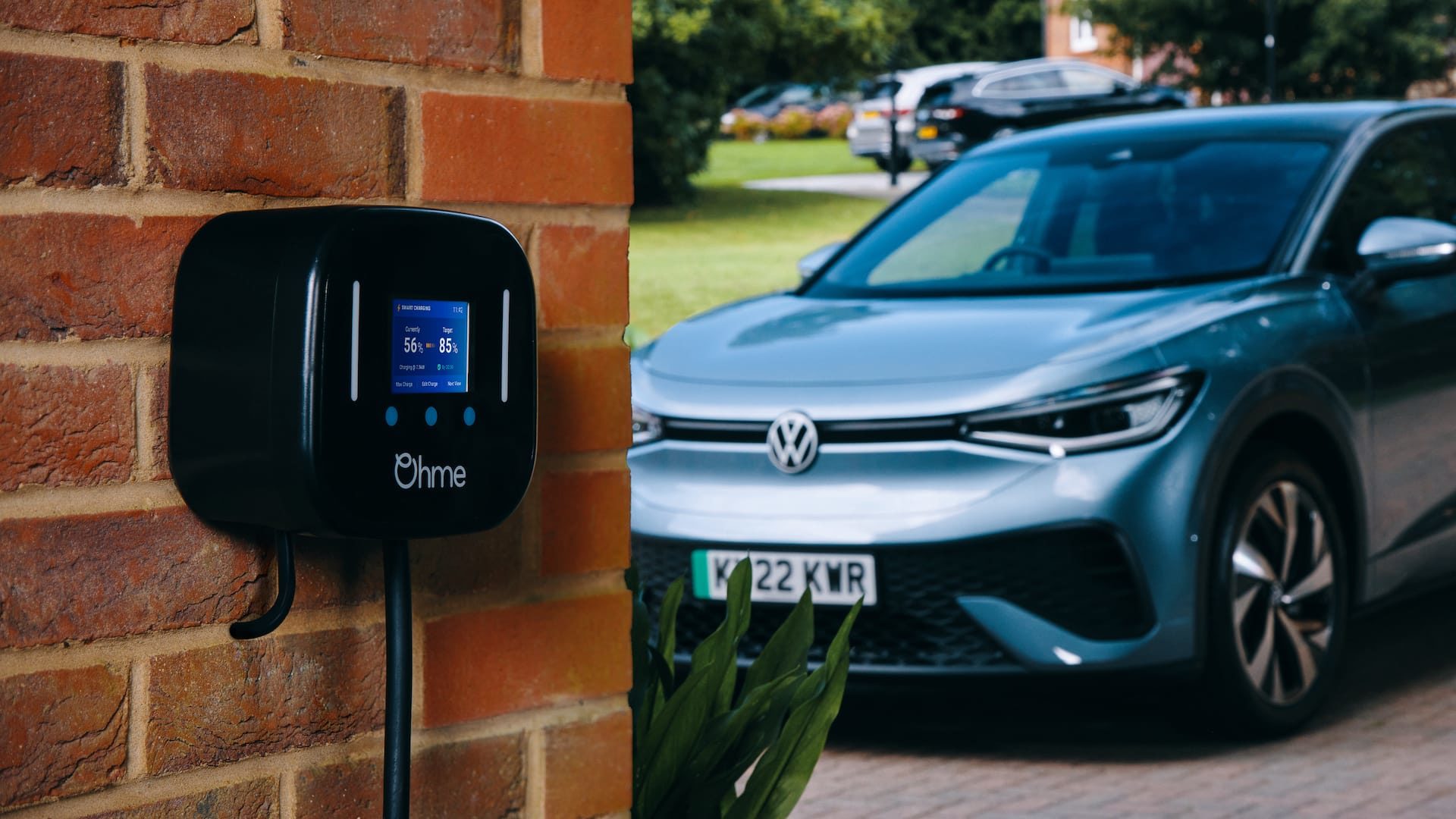
A study by RAC Charge Watch finds the cost of the fastest electric charging points has increased dramatically since May 2022.
During the past eight months, using rapid and ultra-rapid public charging devices has become 50 percent more expensive.
The rise in prices, driven by the higher cost of electricity, means drivers now pay an average of £36 to rapid-charge a typical family EV.
Fast charging, fast price rises

Prices for public rapid charging have increased from an average of 44.55p per kWh in May 2022 to 70.32p per kWh now. That’s a 58 percent increase, and more than double the cost of charging an electric car at home.
The fastest ultra-rapid devices, with charging power in excess of 100kW, have jumped in price by 48 percent. Drivers using these now pay an average of 74.49p per kWh, compared to 50.97p per kWh eight months ago.
Using a public ultra-rapid charging device means drivers typically pay £38.29 to charge their EV’s battery to 80 percent capacity.
This is £20.42 more than drivers would pay for charging at home. It also means using public charging can make running an EV more expensive than a petrol or diesel car.
Home charging is cheapest

Drivers using public rapid devices will now typically pay 20p per mile, with ultra-rapid devices costing 21p per mile. By contrast, an average petrol car achieving 40mpg will cost 17p per mile, with diesel models at 20p per mile.
The result is that EV drivers without access to charging at home face paying a major premium.
Both the RAC and campaign group FairCharge have reiterated their call for the government to cut VAT charged on electricity bought at public EV chargers from 20 percent to five percent. This would mirror the rate paid on domestic energy for home charging.
RAC EV spokesperson Simon Williams said: “For drivers to switch to electric cars en masse, it’s vital that the numbers stack up. In time, the list price of new electric models will come down, but charging quickly has also got to be as affordable as possible.
“It continues to be the case that those who can charge at home or at work and who don’t use the public rapid charging network very often get fantastic value – even given the relatively high domestic energy prices right now. Sadly, the same can’t be said for people who either can’t charge at home or at work, or who regularly make longer journeys beyond the range of their cars. There’s no question they have to pay far more, and in some cases more than petrol or diesel drivers do to fill up on a mile-for-mile basis.”
ALSO READ:
M&S to install EV chargers at 70 stores across the UK
Charging an electric car: the difference between kW and kWh
What is regenerative braking – and why do electric cars use it?